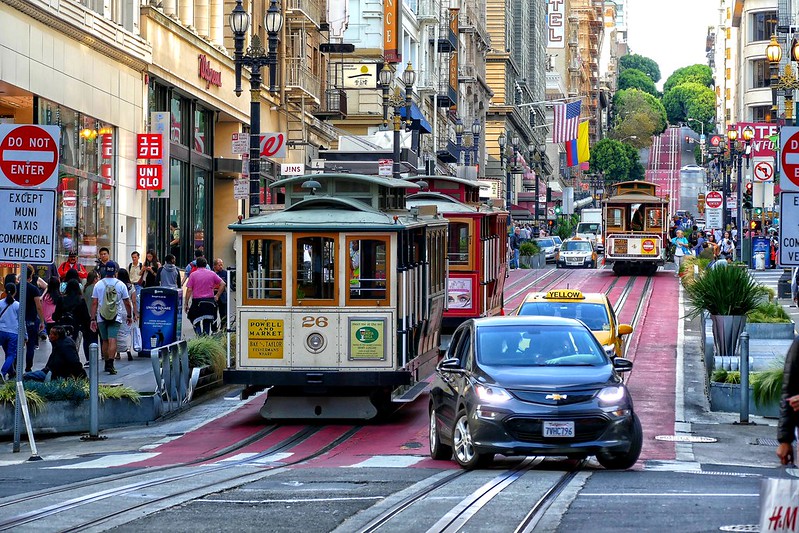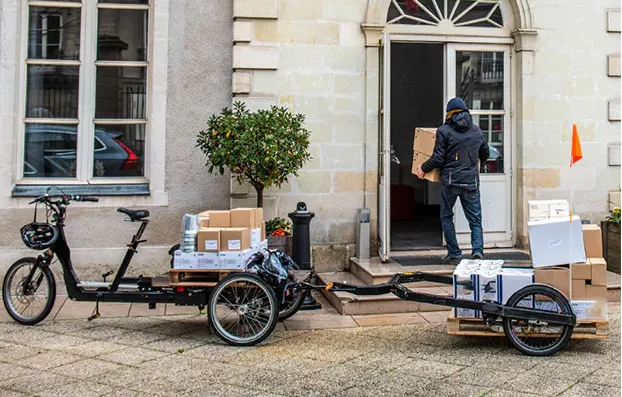
Photo: Bernard Spragg (Flickr)
Californians could get $1,000 credit for not owning a car
08 September 2022
by Christopher Carey
Low-income Californians who don’t own a private vehicle could be set to receive a US$1,000 tax credit each year for five years starting from 2023.
The plans are based on Senate Bill (SB) 457, which passed in the California State Assembly last week and now awaits the signature of Governor Gavin Newsom.
To qualify, single filers must earn less than US$40,000 per year, while joint filers cannot earn more than US$60,000 annually.
“As the impacts of climate change are felt across our state, it’s time we more aggressively commit to implementing modes of sustainable transportation,” SB 457 author and State Senator Anthony Portantino said in a statement.
“We can invest in the future by providing financial incentives for Californians to transition from vehicles to more sustainable options.”
As well as incentivising people to ditch cars, the bill is targeted to benefit lower-income residents, many of whom are struggling with inflation.
But the initiative was significantly amended in the final days of the legislative session to scale back its scope.
Initially the bill proposed a US$2,500 tax credit for each family member aged 16 or older that exceeded the number of registered vehicles, capped at US$7,500.
2035 ban
Last month state regulators voted to restrict and ultimately ban the sale of new petrol and diesel cars by 2035, a move that Newsom called “the beginning of the end for the internal combustion engine”.
The plan will be phased in over time, requiring 35 percent of total new vehicle sales to be powered by batteries or hydrogen by 2026 and 68 percent by 2030.
According to the state more than 16 percent of new cars sold in California in 2022 were zero-emission vehicles, up from 12.41 percent in 2021 and 7.78 percent in 2020.
The policy will not ban people from continuing to drive emissions-emitting cars or from buying and selling them on the used market after 2035.
The decision is expected to have impacts beyond California and will likely pave the way for other states to follow suit.
Seventeen states – including Washington, Massachusetts, New York and Pennsylvania – have vehicle emission standards tied to rules established in California, but it is ultimately at each state’s discretion on whether to follow new mandates.
Image: Bernard Spragg (Flickr)











